Ultra-low capacitance cable with balanced connection for headphones that take extended 2.5mm jacks (Sennheiser HD700, Oppo PM-1 / PM-2, Audioquest NightHawk, Older HiFiMan and more)
£89.00
This is an audiophile grade, ultra-low capacitance cable for connection between connection between headphones with dual 2.5mm sockets, such as Sennheiser HD700 / Oppo PM-1 / PM-2 / Audioquest NightHawk / HiFiMan HE-1000 (and others), and a balanced output, such as the Pono player or balanced amps.
The cable is made using 84 strand litz copper, wrapped in coloured paracord of your choice, and hand braided here in the UK.
In stock
Description
This is an audiophile grade, ultra-low capacitance cable for the Sennheiser HD700 / Oppo PM-1 / PM-2 / Audioquest NightHawk / HiFiMan HE-1000 (and some newer HiFiMan models) to give a balanced connection to devices such as the Pono player or balanced XLR / TRRS amps. These have extended 2.5mm gold plated connectors
Compatible With:
Sennheiser HD700
Audioquest NightHawk
Oppo PM-1 and PM-2
Hifiman HE-1000 V1 / V2 / Edition XV1 / V2
Hifiman HE-X and Older Susvara,
Monoprice Monolith M1060
Monoprice Monolith M1060C
Monoprice Monolith M565
Monoprice Monolith M565C
ThieAudio Phantom
What material is the wire made of and why?
Our wire is made from OFC Litz copper. Each core is made up of 84 individually insulated strands of 0.071mm diameter copper. They are held together by natural silk fibres and covered with an oversized nylon outer cover to give a decent air gap between cores.
Why OFC copper rather than OCC or Silver.
For the same cross-sectional area, silver is about 7% more conductive than copper – but if you double the cross sectional area, you can roughly halve the impedance. It is therefore much cheaper to use more copper to get the same improvements. By using a thicker copper wire, we can get better impedance figures than a thinner silver cable. OCC has some definite advantages, being more flexible, but as our strands are so thin the wire is very flexible already.
What is the advantage of Litz vs stranded copper in terms of skin effect?
With a standard stranded copper wire, as charge can move from one strand to another, they act as one thick solid conductor.
Skin effect pushes higher frequencies out to the edges of the wire, meaning they are traveling through less of the area of the cable. The skin depth reduces as the frequency increases, so on thin cables it’s not a problem for audio frequencies.
In our Litz wire, each strand is individually insulated from each other – they act like 84 individual thin very wires, rather than one large one. This ensures that despite the increased thickness of our wire, there is no skin effect until the frequency gets over 700khz and even the highest res audio will not get rolled off at the top.
What is the capacitance and impedance of your cable? How does it affect things?
Our cables have some of the lowest capacitance of any that we have tested. This was one of the main goals we had when designing it, as capacitance is most likely to give an audible effect. Typically, one of our cables will have around 20pF – 40 pF for a 2m cable, depending on the connectors used. As a comparison, a standard HD600 cable has a capacitance of 600pF.
The impedance of a capacitor changes with frequency, which is why we try to keep it as low as possible.
Our wire has a DC resistance of 0.05 ohms per meter, which is very low; we also keep the capacitance and skin effect incredibly low, so it gives a pretty much perfectly flat impedance across all audio frequencies, from 1hz right up to 100+KHz.
How does your cable sound?
As mentioned above, our cables are designed to keep the signal as pure as possible with a perfectly flat response. We believe you should not use a cable as “tone control”, and the sound is as good as it is going to get as it leaves the amp – the cable’s job is to get the signal to the headphones without adding or removing anything from the sound.
What are the ergonomics like?
Ergonomics are almost as important as the electrical performance – you could have a great sounding cable, but if it is stiff or heavy, it can be distracting and spoil your listening experience.
Despite our cables being “thick boys”, as they are mostly air inside to give an air dielectric, they are actually quite light and very flexible. As the cable has a bit of spring to it, it can also reduce the pressure on your equipment if you accidentally yank the cable.
What sort of warranty do you offer and what If I change my setup in the future?
We offer a 2 year warranty on all of our cables, so if you get any problems please message us! We can repair or replace it for you for free any time in the first 2 years.
We are keen for our cables to stay in use for as long as possible to help prevent waste and save the environment. If your cable breaks outside the warranty period, we offer cost price repairs. If you should buy a different amplifier or headphones in the future, you can send the cable back to us to be altered or adapted for a reasonable price.
(For customers outside of the UK only) Unfortunately, customs duties and fees may be charged when ordering from outside of the UK. This is outside of our control. we are NOT responsible for import duties and we will NOT write false information on a customs document in order to lower fees. All items have the UK tax removed and this will need to be paid by yourself when your item arrives at your local customs office. For a smoother process, please buy from our eBay store where VAT is paid at the same time: https://www.ebay.co.uk/str/customcans
Additional information
| Weight | 0.15 kg |
|---|

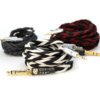
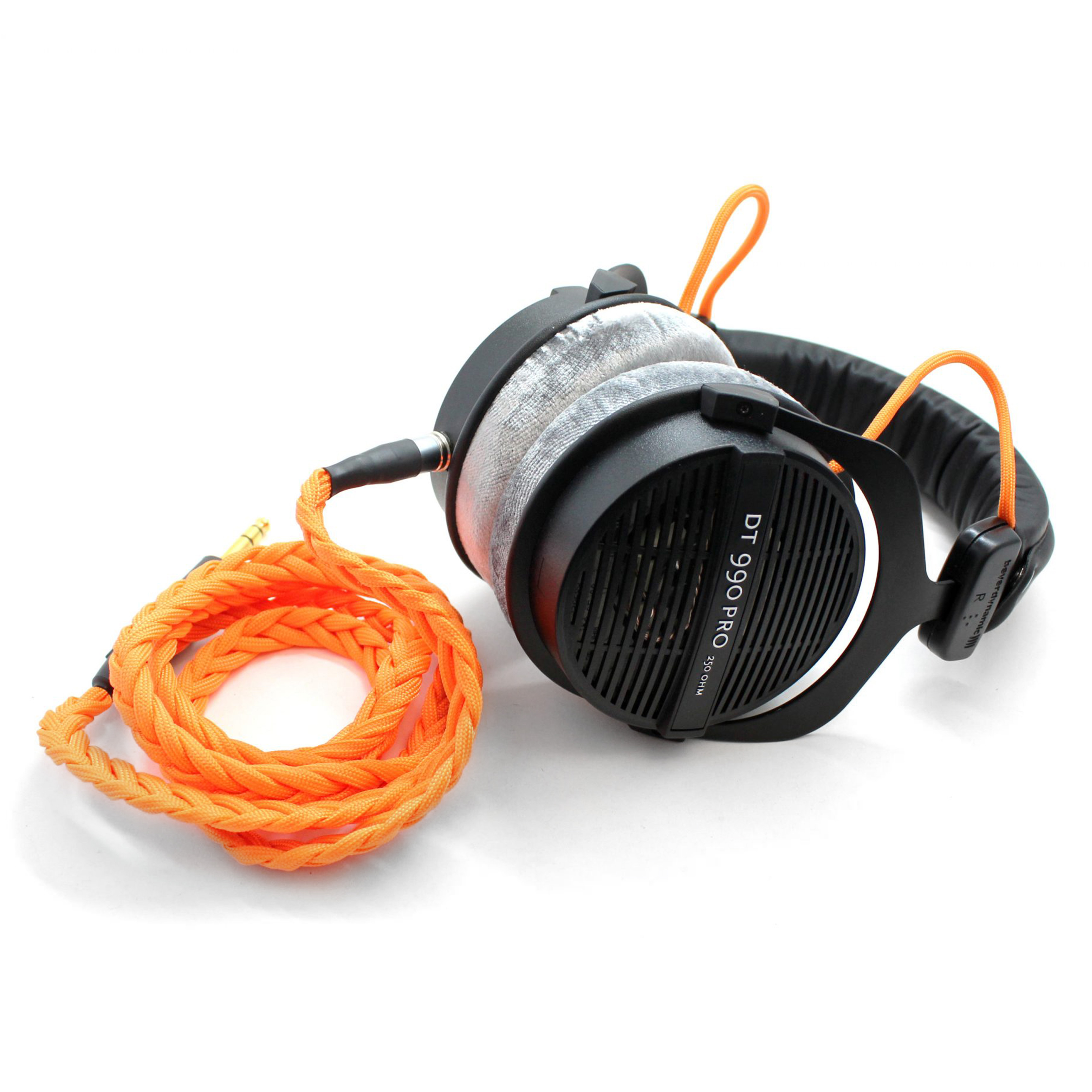
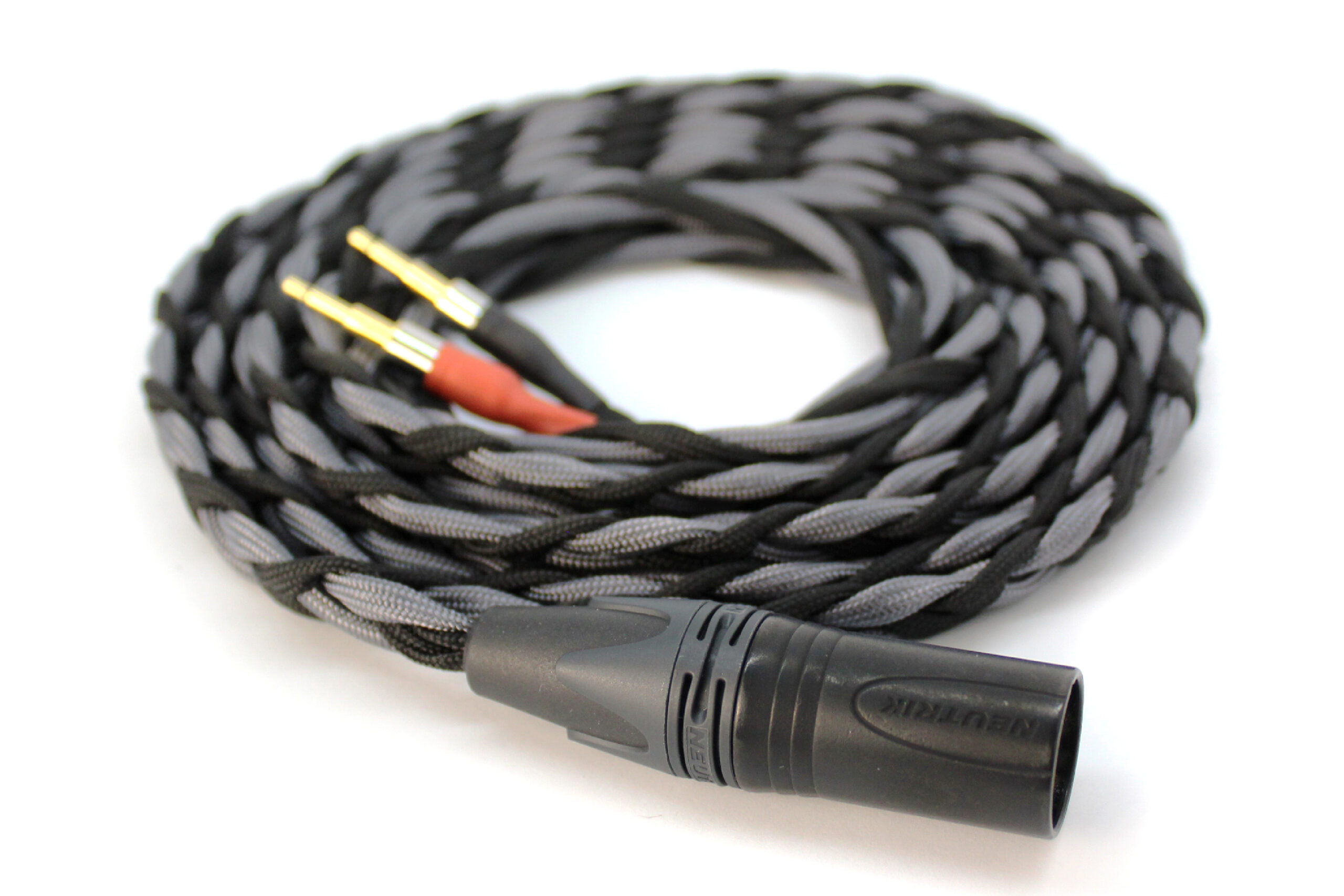
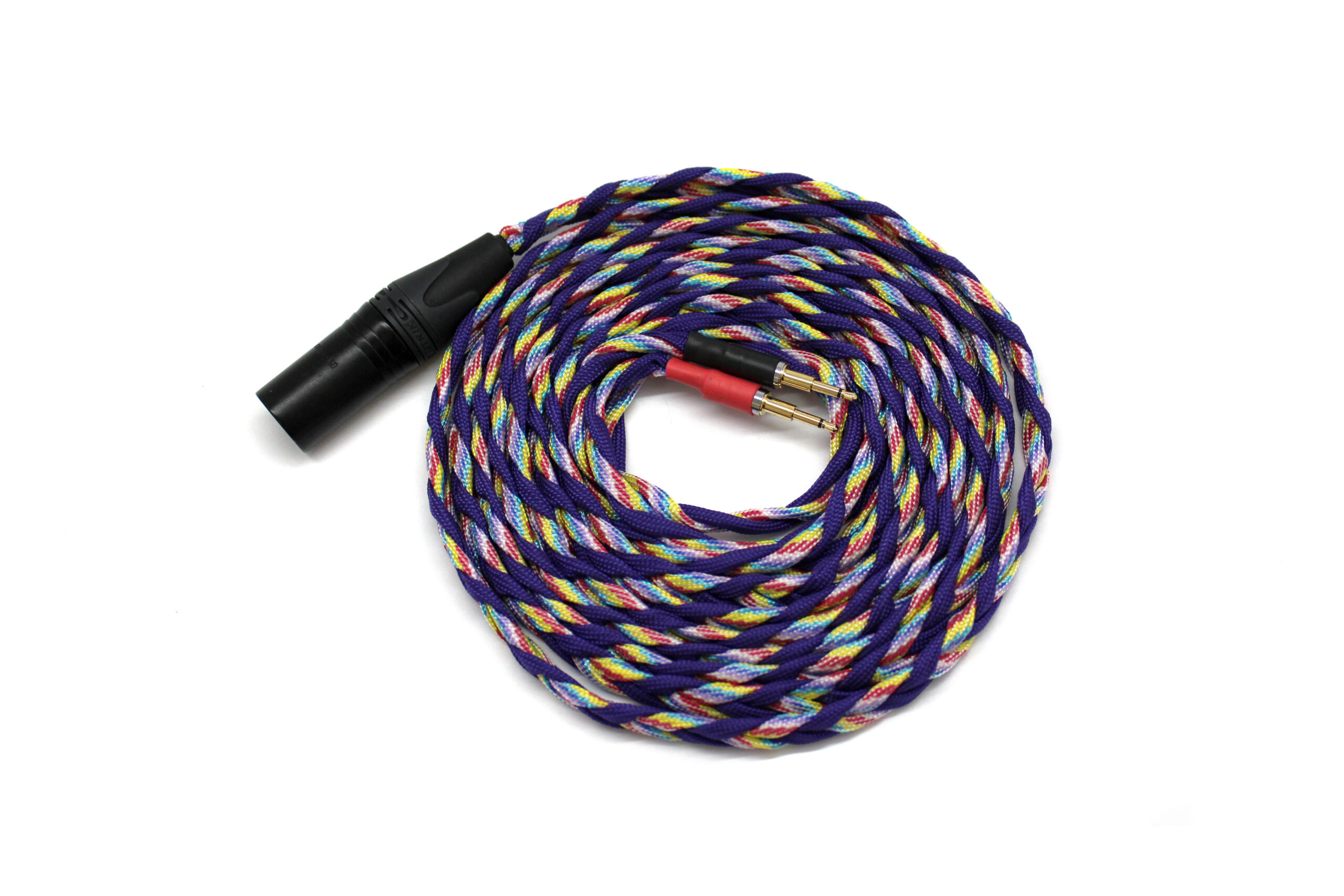
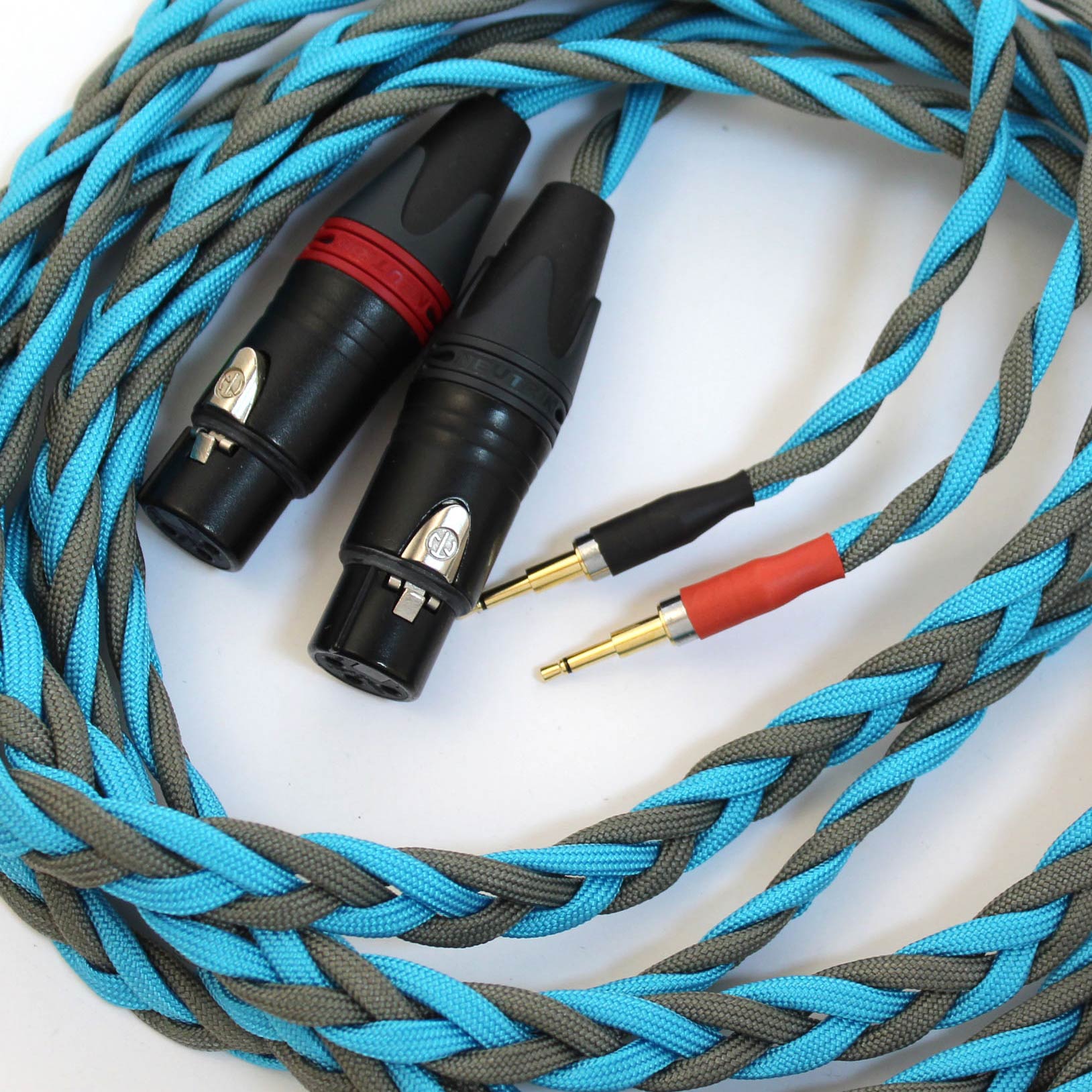
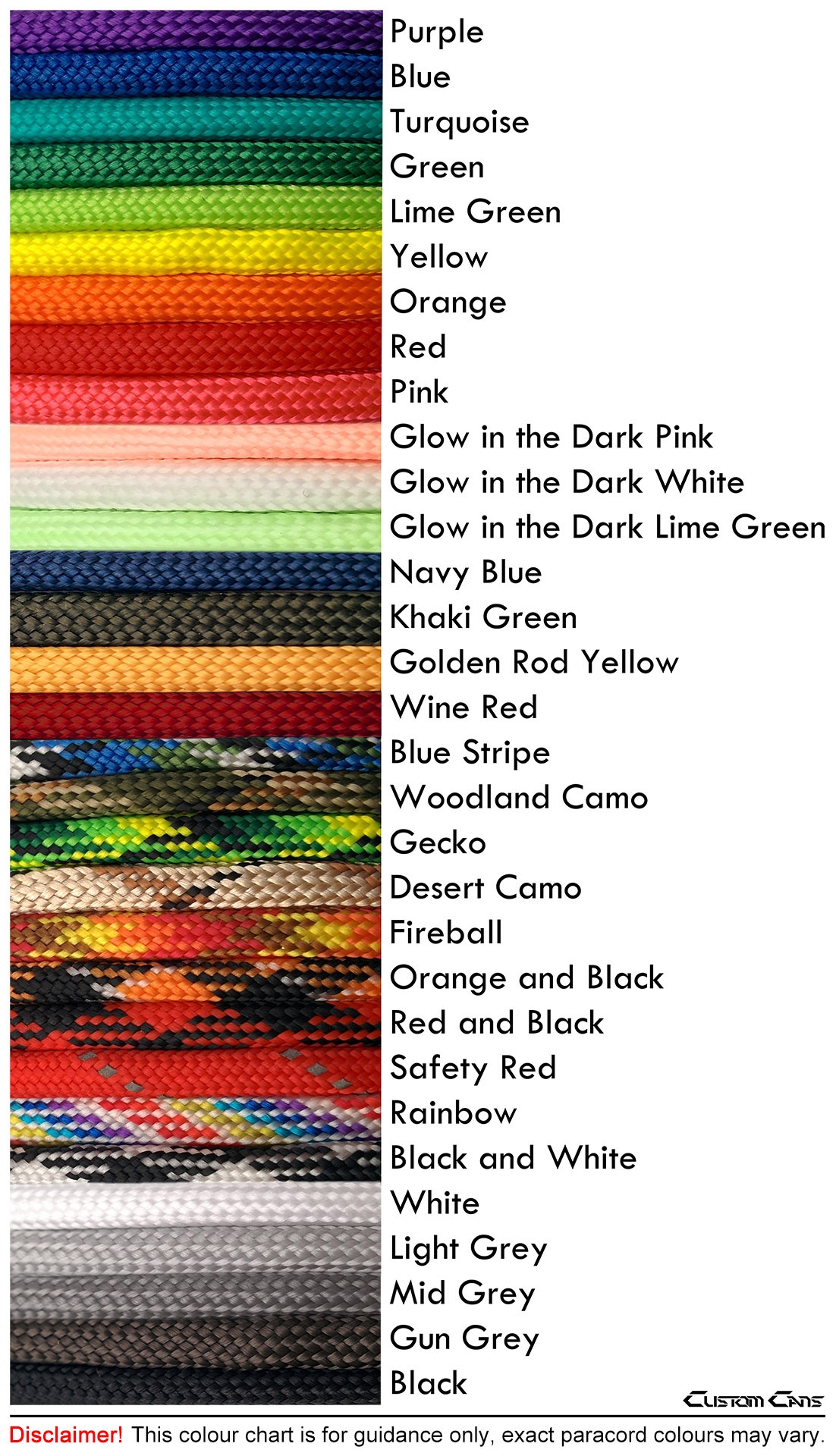
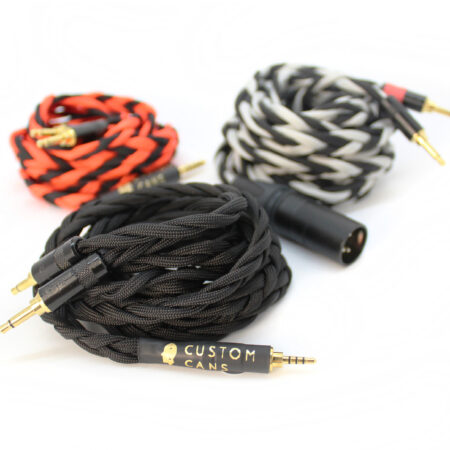
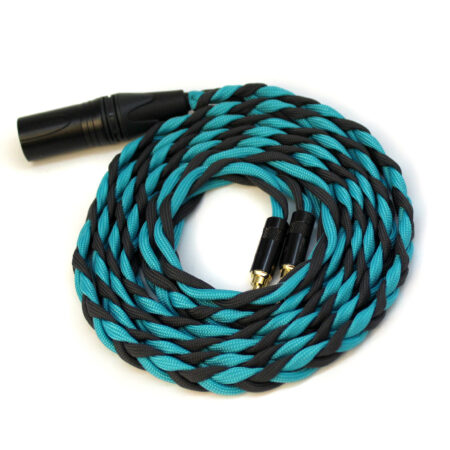
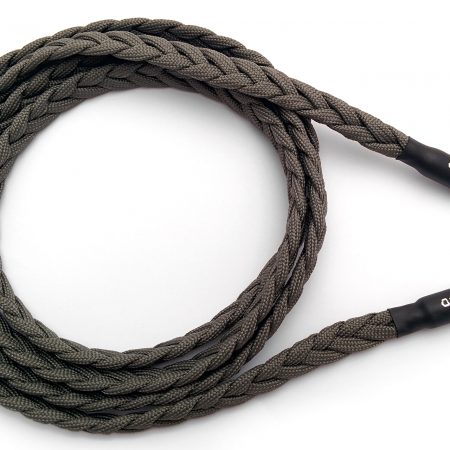
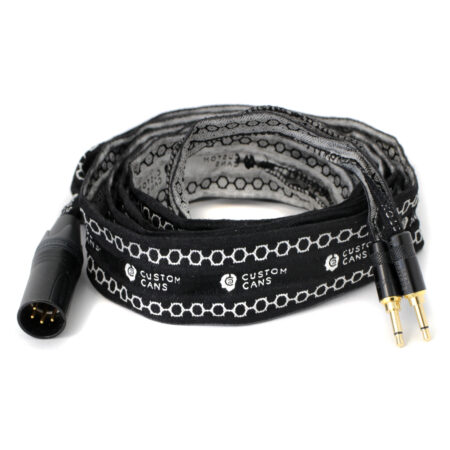
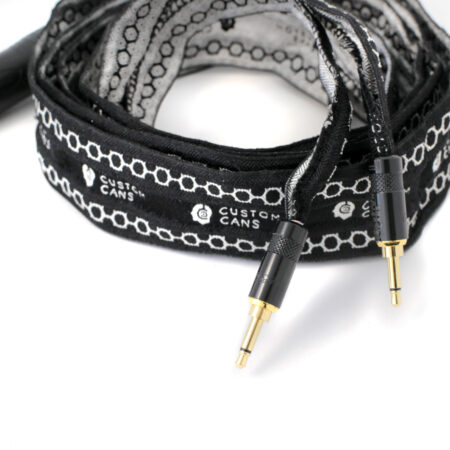
Reviews
There are no reviews yet.